After attending the Special Summit to celebrate 50 years of ASEAN-Australia relations and making an official visit to Australia, at 7:00 p.m. (local time) on March 9, Prime Minister Pham Minh Chinh and his wife, along with a high-ranking Vietnamese delegation, arrived at Auckland Airport for an official visit to New Zealand from March 10 to 11, at the invitation of New Zealand Prime Minister Christopher Luxon.
According to VNA, welcoming Prime Minister Pham Minh Chinh and his wife along with the Vietnamese delegation at Auckland airport were: Minister for Economic Development Melissa Lee; Director of Protocol of the Ministry of Foreign Affairs Rod Harris; New Zealand Ambassador to Vietnam Caroline Beresford. On the Vietnamese side, there were: Vietnamese Ambassador to New Zealand Nguyen Van Trung, along with many embassy officials and Vietnamese expatriates in New Zealand.
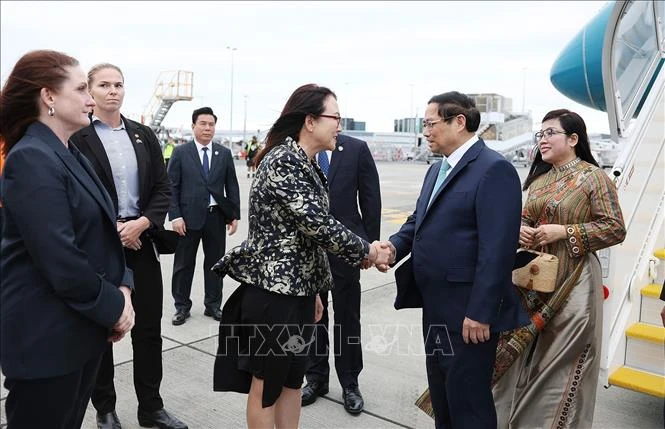
Nearly 50 years after establishing diplomatic relations, Vietnam - New Zealand relations have continuously developed, upgraded to a Strategic Partnership since July 2020. The two countries maintain exchanges of high-level delegations and all levels. Vietnam is currently New Zealand's 14th largest trading partner. Two-way trade turnover in 2023 reached 1.3 billion USD. By November 2023, New Zealand had 52 investment projects with a total capital of 208.35 million USD, ranking 39th out of 143 countries and territories with foreign direct investment in Vietnam. The Vietnamese community in New Zealand has about 11,000 people, mainly living in Auckland, Christchurch and Wellington.
During his visit to New Zealand, Prime Minister Pham Minh Chinh will meet and hold talks with senior leaders of New Zealand; attend seminars and work with leaders of leading associations and businesses of New Zealand; visit and work with New Zealand science, technology and education organizations and meet the Vietnamese community in New Zealand.
During the visit, the two sides will discuss measures to further promote bilateral cooperation, including promoting key and traditional areas of cooperation such as trade and investment, especially cooperation in labor, education and training, agriculture, etc.
KHANH MINH
Source


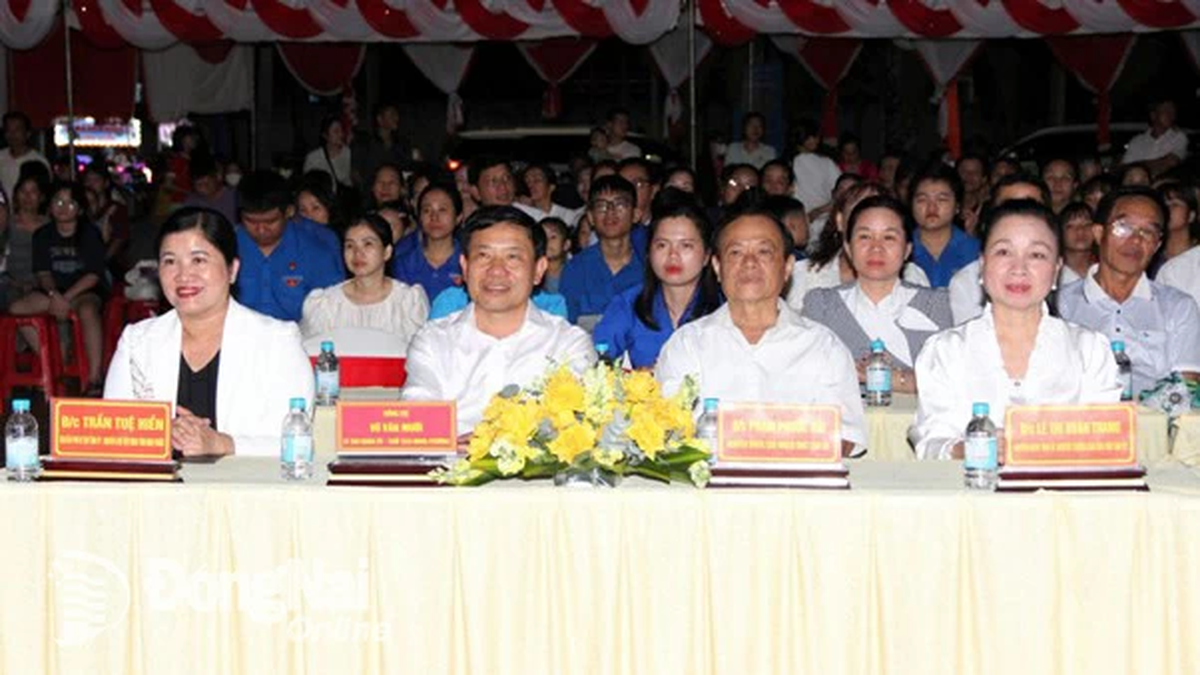
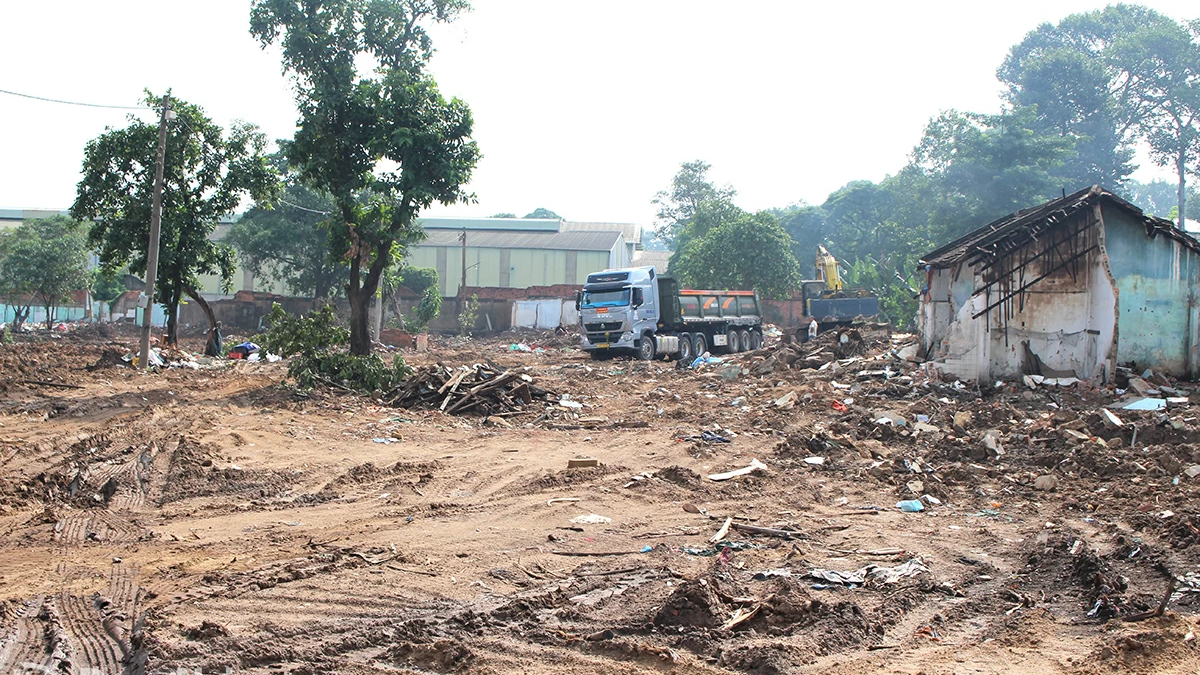
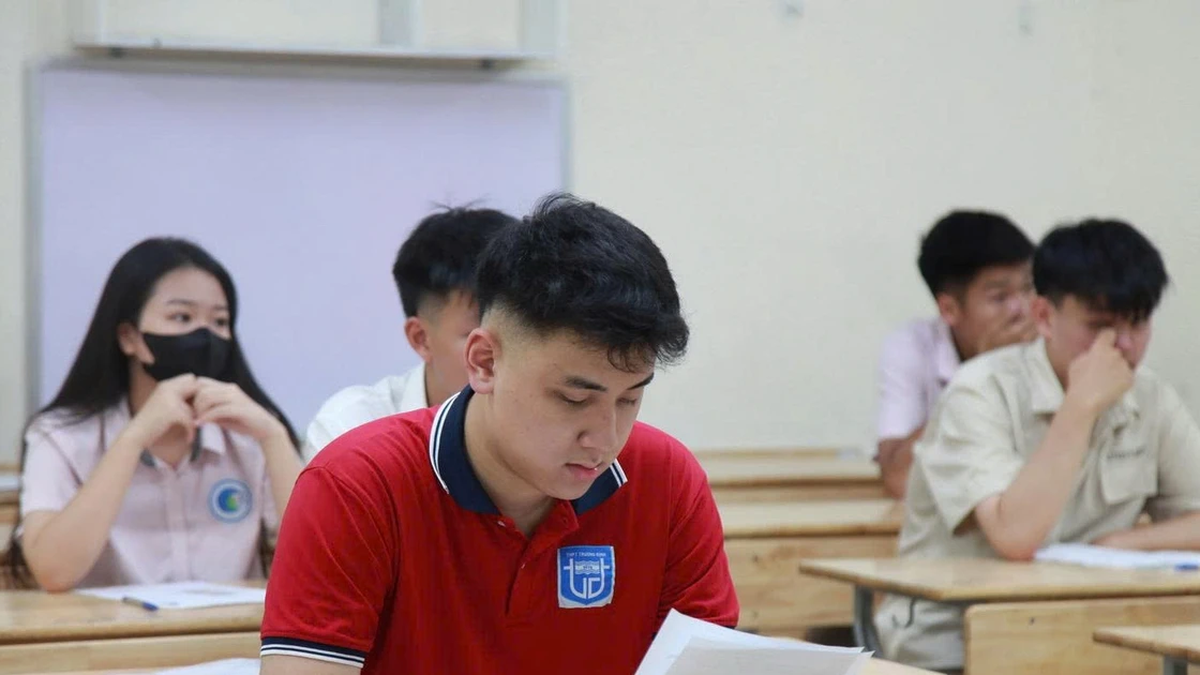

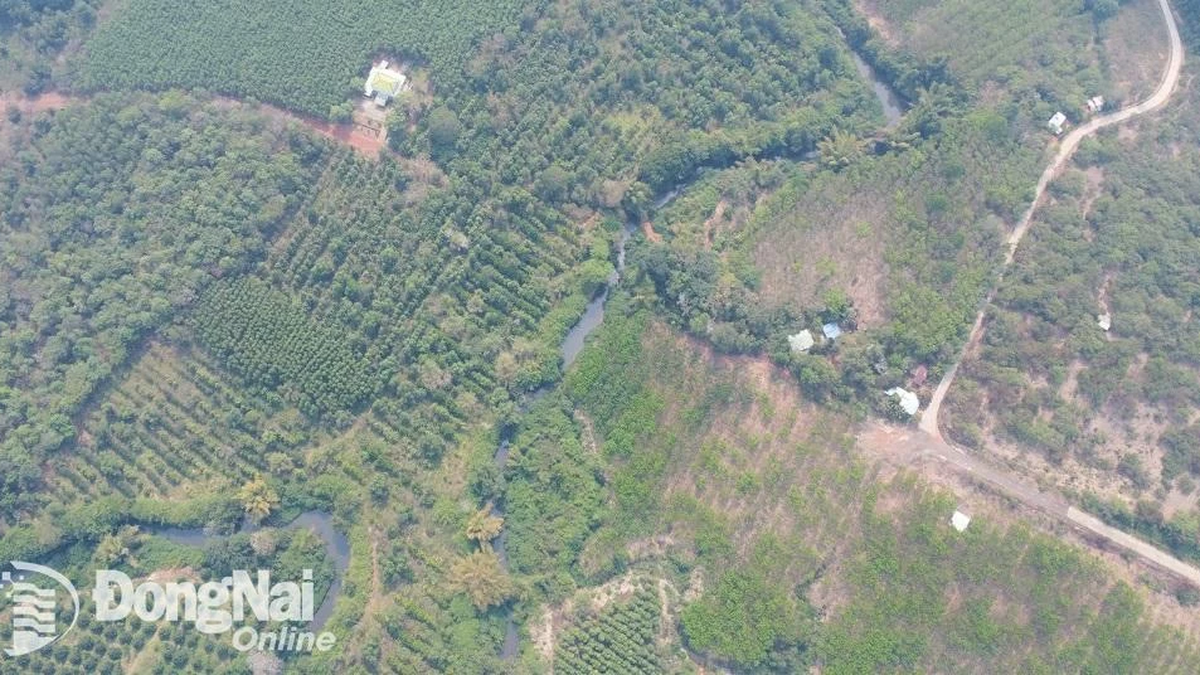
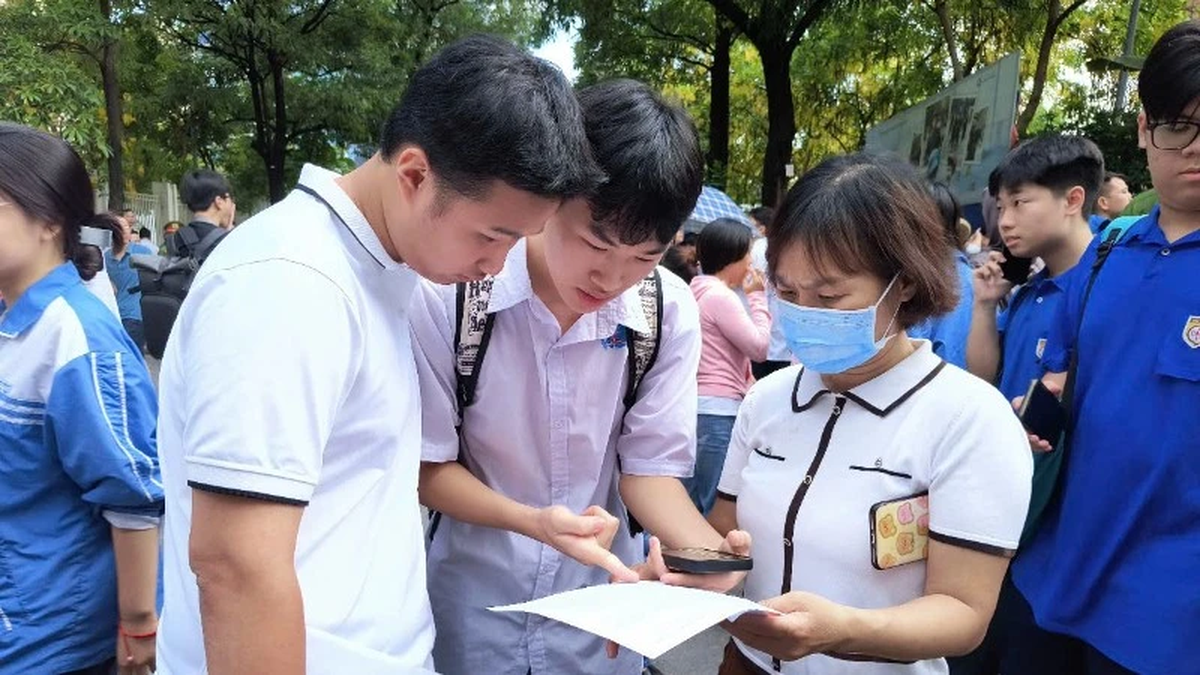
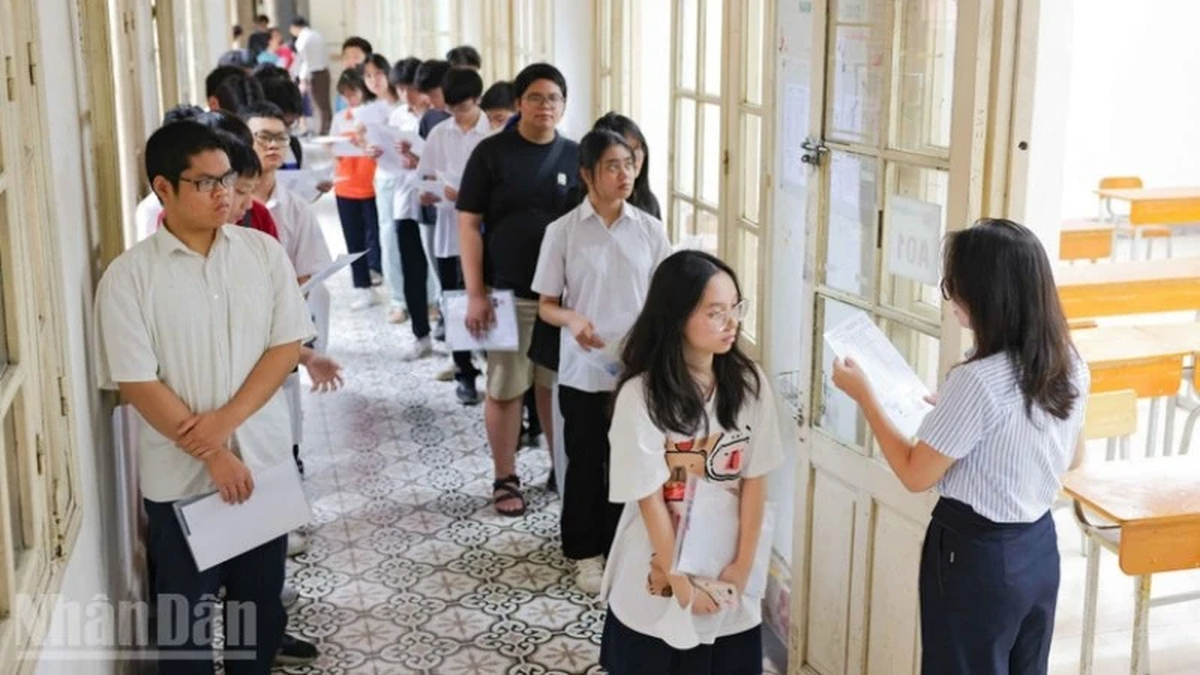

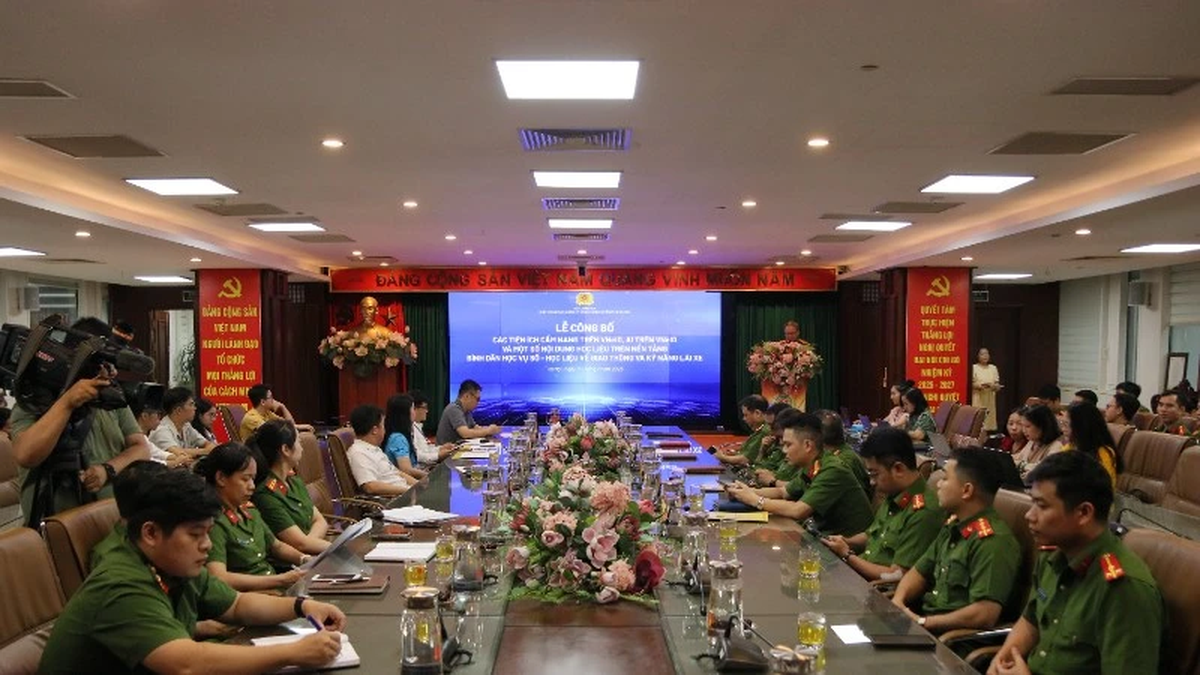
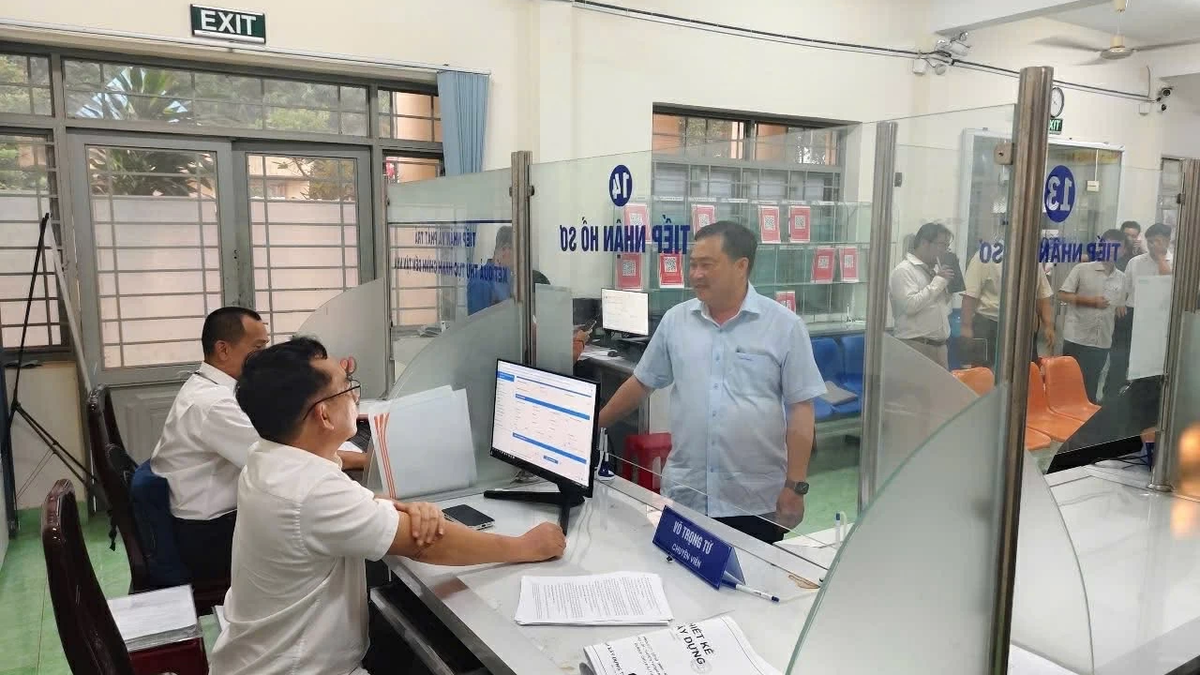






























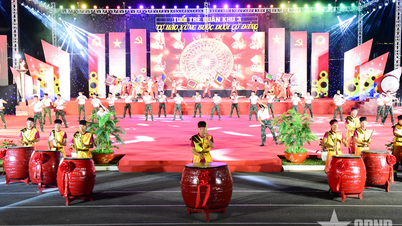








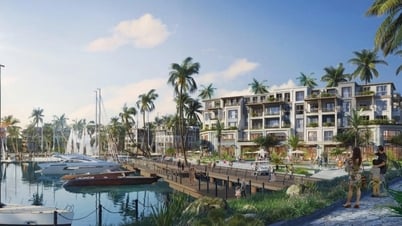
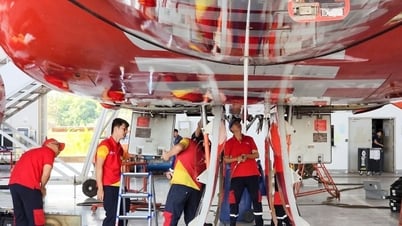

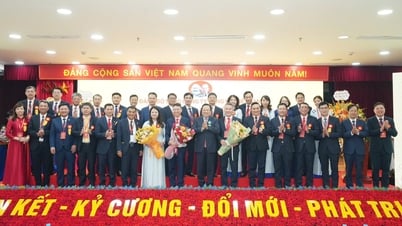



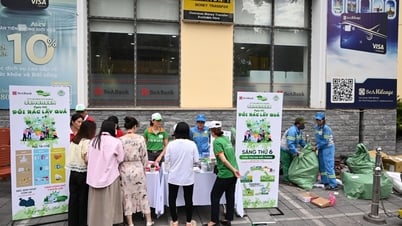

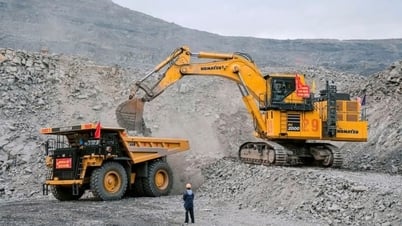



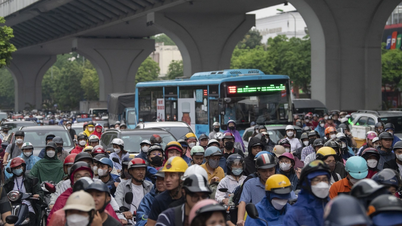
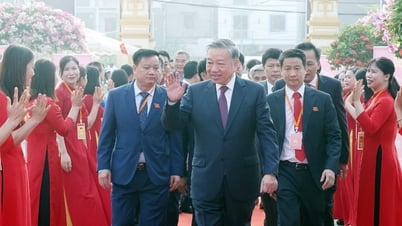
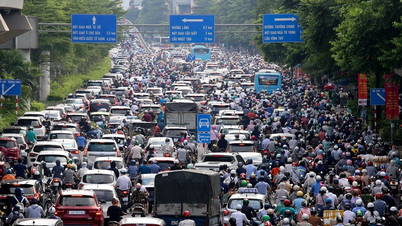
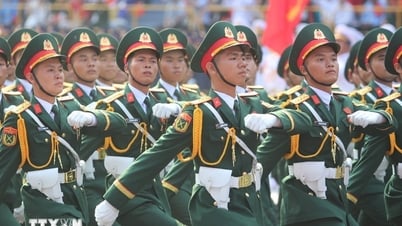
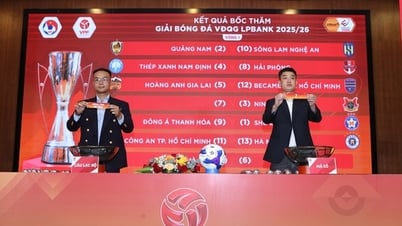

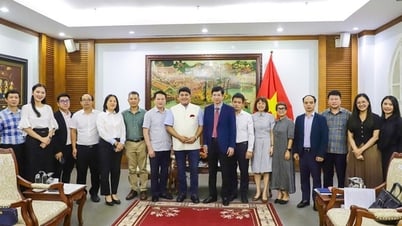

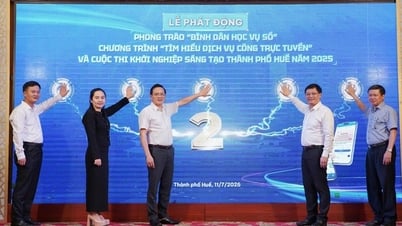




























Comment (0)